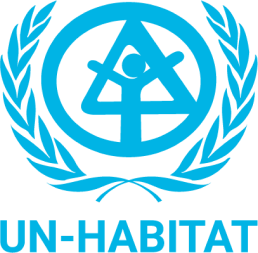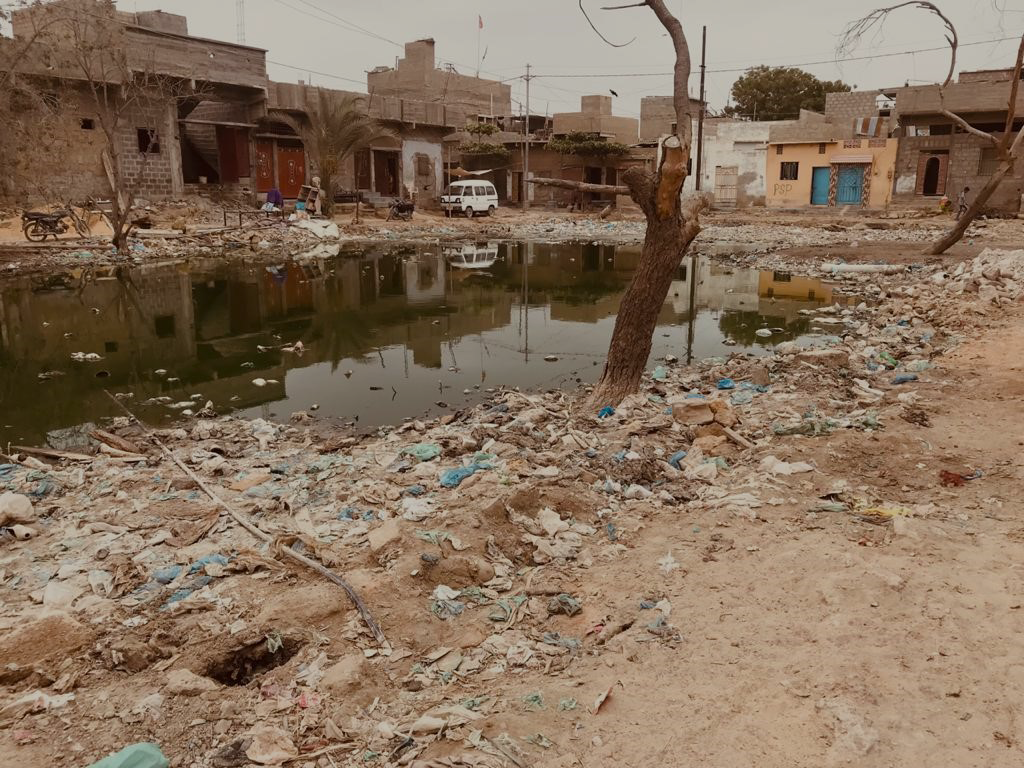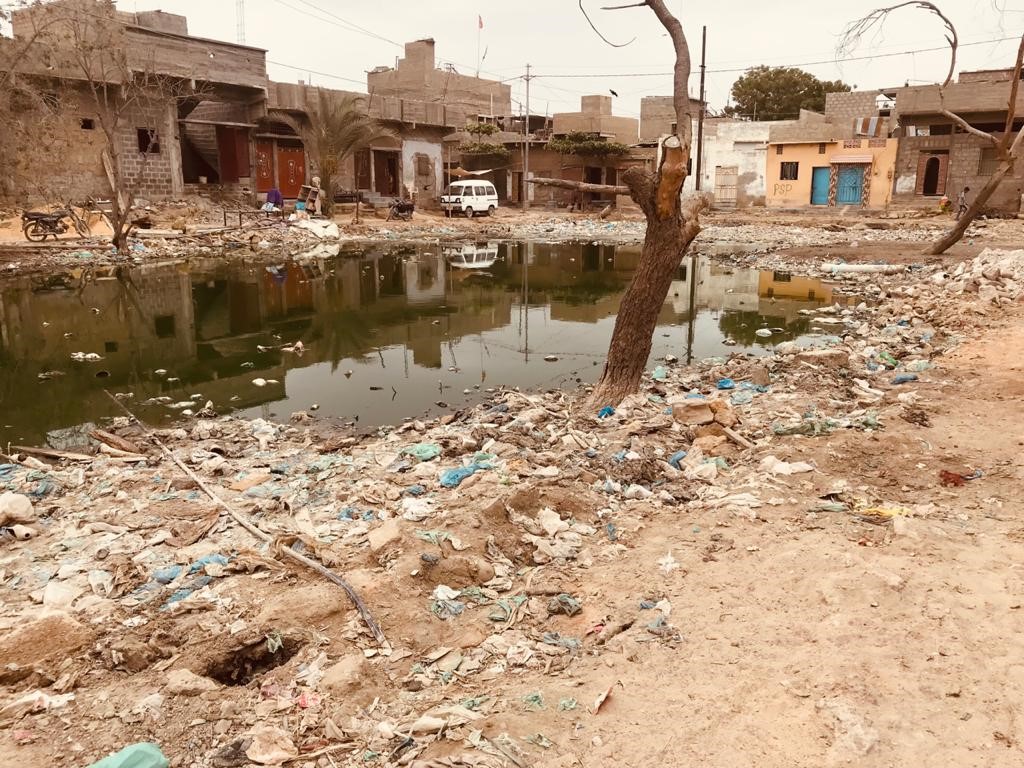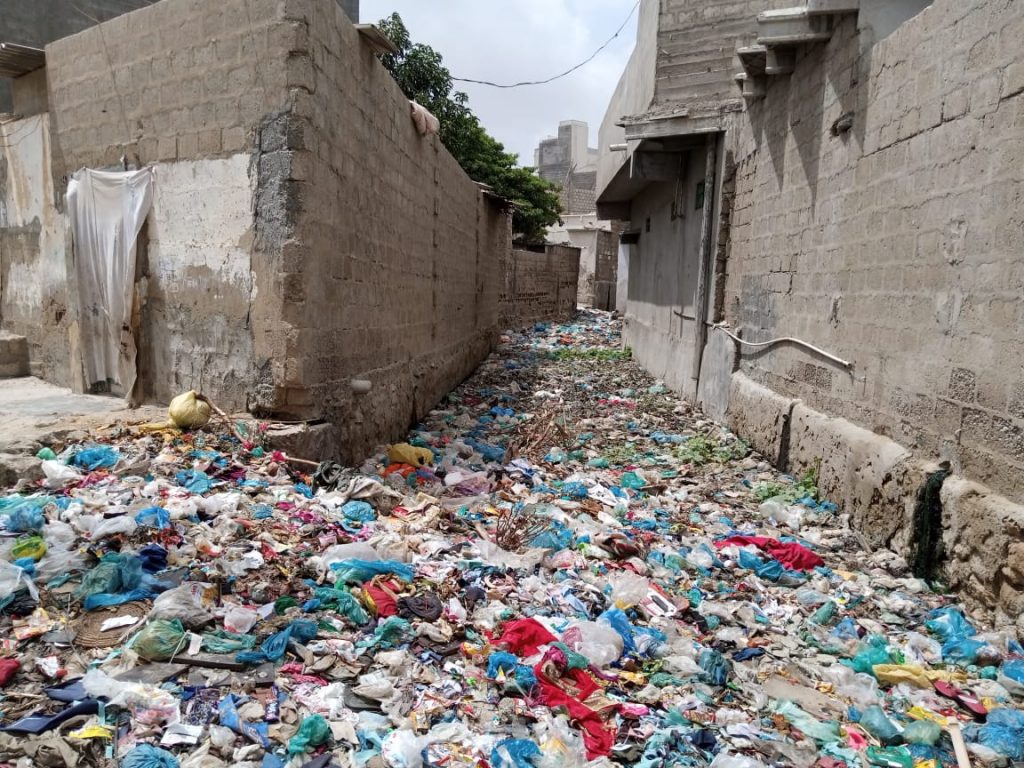Background
Pakistan is one of the countries signatory to the Kyoto Protocol and to the Paris Agreement. Intended Nationally Determined Contribution (INDC) of Pakistan identified capacity enhancement of government institutions mainly the Ministry of Climate Change (MoCC) and related organizations to appropriately respond to the emerging threats of climate change at the policy and programme levels as one of the recommendations. The National Climate Change Policy of 2012 is Pakistan’s guiding document on climate change, setting out the goal of achieving climate-resilient development for the country through mainstreaming climate change in the economically and socially vulnerable sectors of the country.
Guided by the CDM Strategy (2006), the CDM cell inside the Ministry of Climate Change is the designated national authority (DNA) on CDM projects in the country. The strategy allows for unilateral, bilateral, and multilateral CDM projects, preferably in the areas of energy, including renewable energy, energy efficiency, energy conservation, and fossil fueled cogeneration; land use, land use change, and forestry (e.g., biodiversity protection, soil conservation, watershed maintenance and sustainable forest and rangeland management); agricultural and livestock practices; waste management (e.g., landfills, solid waste management, recycling, animal and livestock wastes); transportation (e.g., alternative fuel vehicles, mass transit systems, cleaner engines, compressed natural gas); and industrial processes.
UN-Habitat and the Ministry of Climate Change initiated a project on ‘Capacity building on enabling an environment for GHG emission reduction and on low emission urban development with environment-friendly technologies: Focus on environment and living condition upgrading in urban slum areas in Karachi in collaboration with South Korea East-West Power Company (EWP) and embarked on exploring possibilities that foster sustainable development through the reduction of greenhouse gas (GHG) emissions.
Objectives
The project has two main objectives: 1) to assist developing countries in achieving sustainable development, and 2) to help developed countries fulfil their commitments of reducing GHG emissions. In addition, the donor is well aware of the fundamental change from Kyoto Protocol to Paris Agreement, as the Paris Agreement focuses more on a cooperative and non-market approach, which considers the needs of the recipient countries.
Project Approach
The project is to strengthen capacities of national government, local institutions and local communities to promote climate change mitigation and adaptation, especially to implement on emission-reduction or emission-limitation commitment under Kyoto Protocol and Paris Agreement.
Expected Outcomes
a. To raise awareness and capacity of national and local government officials and local community on climate change mitigation and adaptation, especially GHG emission reduction processes under the Kyoto Protocol and Paris Agreement in Pakistan
b. To create an enabling environment for the implementation of GHG emission reductions, including policy interventions (dialogues)
c. To develop pilot projects in Karachi for demonstration of GHG emission reduction for city-wide and/or national replication and scale up
d. To identify the appropriate GHG emission reduction technology and review its feasibility for the pilot projects
Donors and Key Project Stakeholders
Donor:
Korea East-West Power Company
Key Project Stakeholders:
Ministry of Climate Change; National Secretariat of CDM; Research institutions in Republic of Korea; Local Authorities in the target areas; Target Communities




